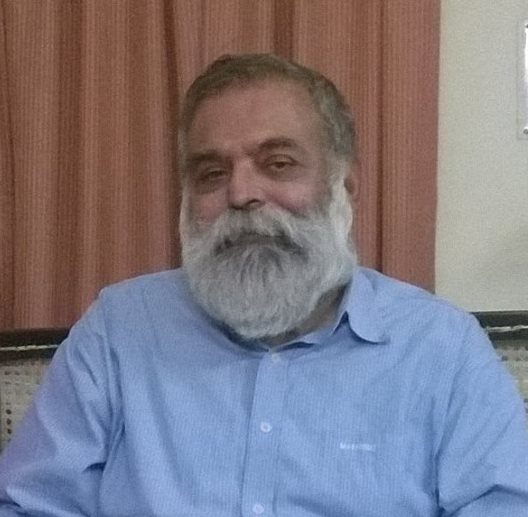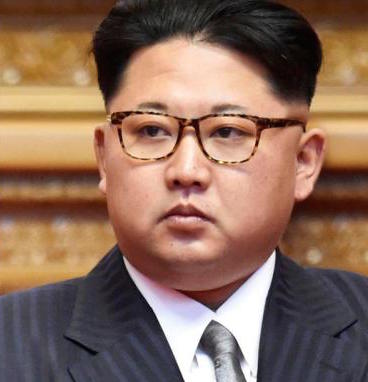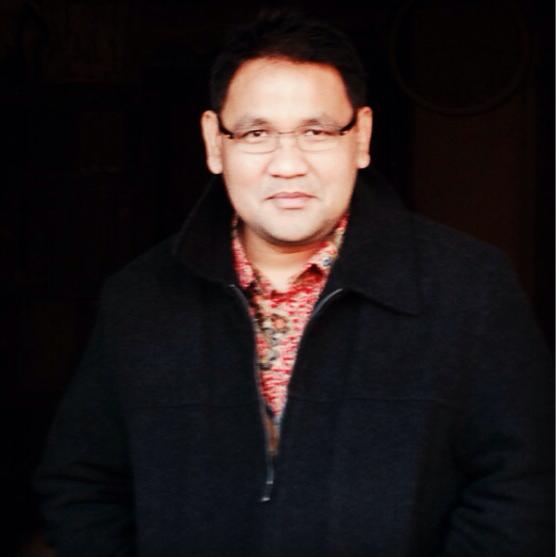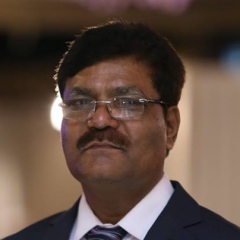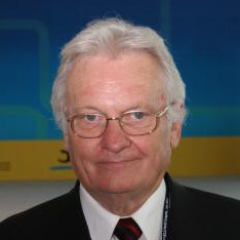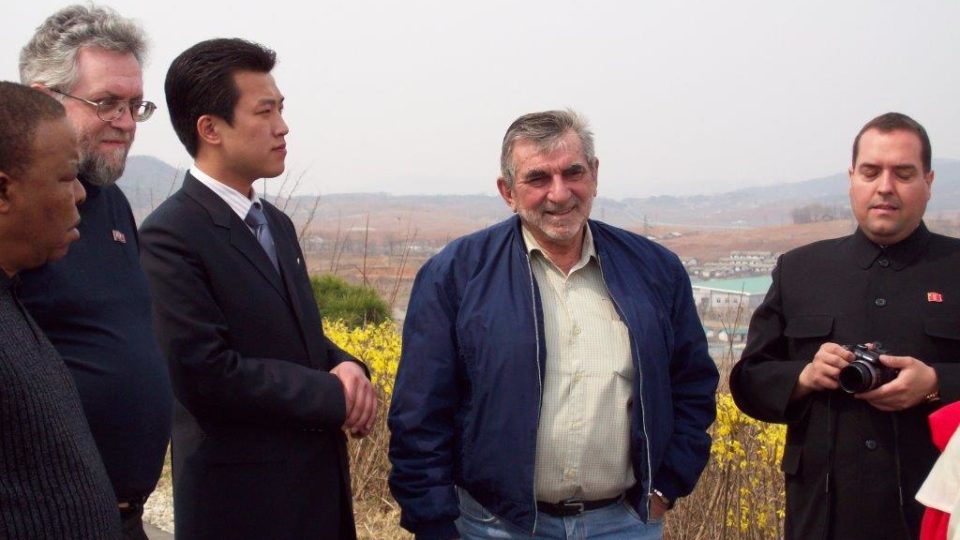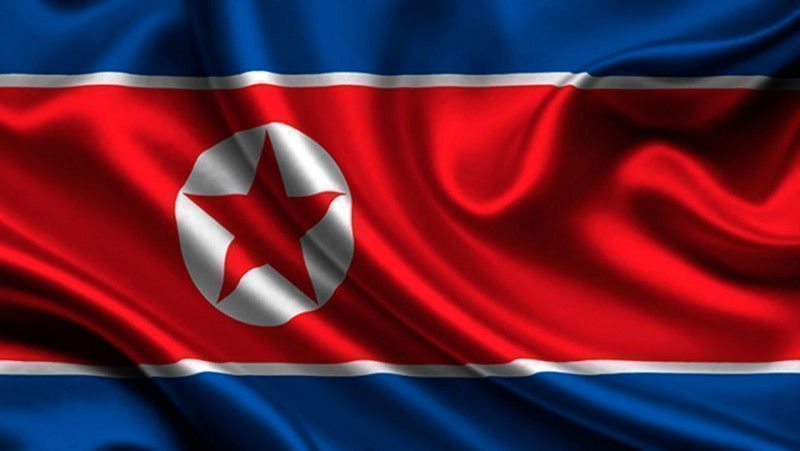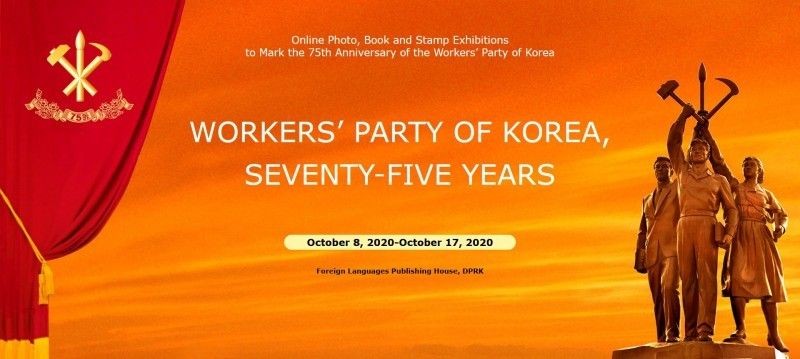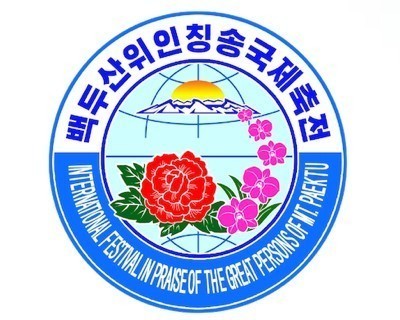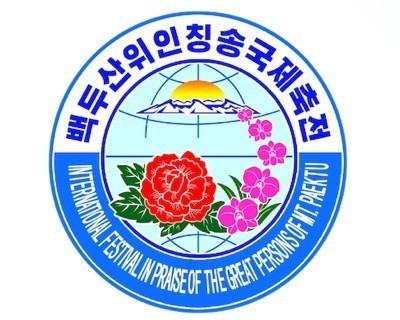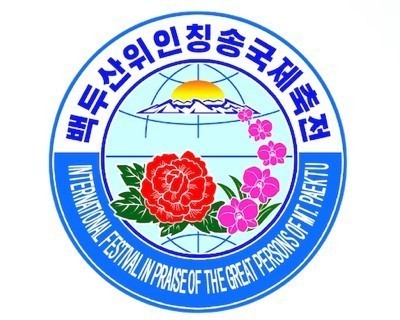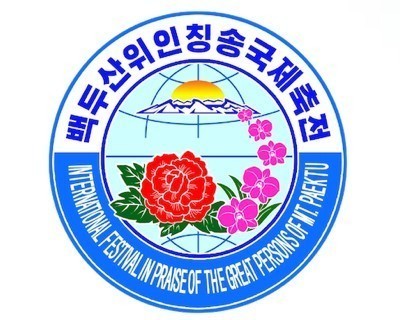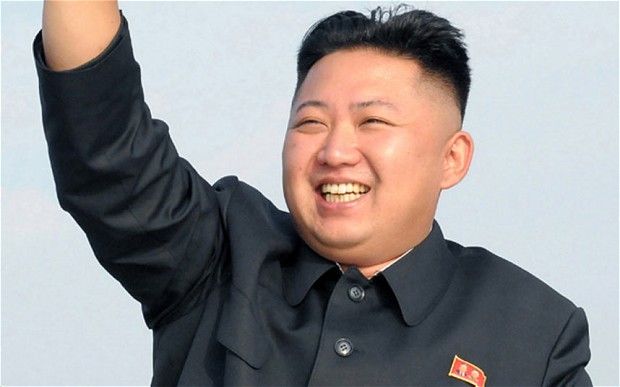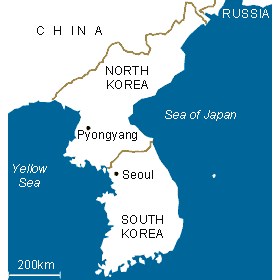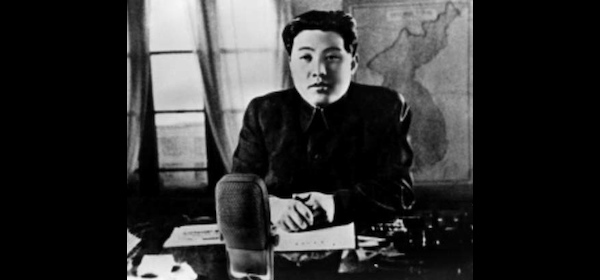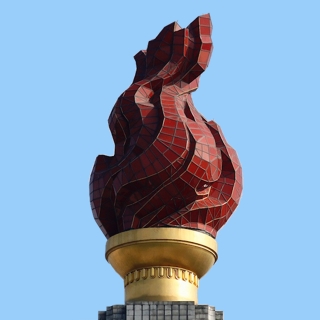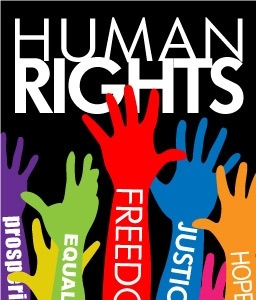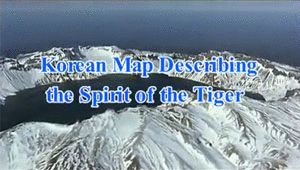When we look at the objective conditions of the world around us, we see the necessity of a powerful weapon to protect countries, their sovereignty and independence from predatory states and invaders of various kinds. In fact, no less than 248 armed conflicts have taken place since 1945 when World War II ended.
Of these, 201 were started by the USA. This figure is 81% of all conflicts in which no less than 30 million died, mostly innocent people, children, women and the elderly. What is worse is that many of these started with false accusations that not only led to plunder of resources but have created festering military sores that are a constant drain on humanity.
Why we choose to turn our attention to the Songun(Army First) policy evolved over decades since April 25, 1932, with the formation of the Korean Peoples Revolutionary Army, the anti-Japanese Peoples Guerilla Force. It was this anti-Japanese People’s Guerilla army that was founded by Com. Kim Il Sung when Korea was under Japanese military occupation (1905-1945).
Under his command, the KPRA, without the backing of either state support or a regular army, waged a bloody guerrilla war against the one-million-strong Kwantung Army and liberated the country on August 15, 1945. Although the country was liberated, it was very difficult to build a modern regular army in the circumstances in which the economy of the country was shattered by Japanese imperialism and was short of funds. So clearly a new type of army was needed.
Building a regular army was an indispensable requisite under the prevailing situation in Korea which was striving to build an independent and sovereign state. Moreover, it emerged as an urgent task, as the United States of America stationed its aggressor troops in the Southern half of Korea after the Second World War under the pretext of disarming the Japanese army in Korea and was manoeuvring to occupy the whole territory of Korea.
Elements in the struggle opposed building a regular army, claiming that it was not necessary to build an army before the reunification of the country and that a regular army could not be built without the assistance of foreign countries. But Com. Kim Il Sung, along with those who shared his views, understood that without a strong capacity to defend the struggle nothing would be effective.
Com. Kim Il Sung realized that it was necessary to build an army as one of the three major tasks for building a new Korea, along with founding a party and a state, so he advanced the policy of founding a regular army by Koreans themselves which would be prepared politically and ideologically, inheriting the traditions of the anti-Japanese armed struggle that was a part of the concrete reality of the Korean war of independence. And he vigorously carried on the work of building a regular army by enlisting the finest sons and daughters of the working masses, workers and peasants, with the guerrilla veterans, who had been tempered in the experience of the anti-Japanese armed struggle as its backbone.
The works he published in that period illustrate how hard he strove to build a regular army. These include: On Establishing the Pyongyang Institute, Be Excellent Military and Political Cadres, Let Us Create the Air Force of the New Korea, For the Building of A Revolutionary Army, Immediate Tasks of the Security Officers Training Centre, Let Us Found A True People’s Army, A Modern Regular Army, were the most important writings on this subject. In building a regular army he directed close concern to training military and political cadres, as any genuine army should highlight its human base and its outlook.
As a result, the Pyongyang Institute was established as the first regular institute of military education and the first base for training political and military officers for the building of a modern regular army. This was followed by the Central Security Officers Training School in July 1946 for training military and political cadres of different services and arms production. An air class, a parent body of the air force was started at the Pyongyang Institute in March 1946, and the Naval Security Officers Training School began the following year.
As the commanding personnel of a regular army were in short supply, Kim Il Sung enlisted most of the veteran anti-Japanese fighters in building the army, and saw to it that they not only became the backbone of the army but played a pivotal role in training military cadres. He underlined the necessity for forming core units of the modern regular army, as also the principles to be observed in forming them and their scale and location.
As a result, security officers training centres were set up and units of different services and corps like air corps, maritime security force and corps of artillerymen, engineers and signalmen were formed around what was possible under concrete conditions with adequate preparation to meet conditions that would arise over time.
Songun has a number of important features that are worth noting. First and foremost, it is founded on the basis of a Peoples Army and not a mercentery professional force. Its manpower includes the possibility of recruiting all citizens capable of defending the country and its people effectively.
In 2010 the DPRK had no less than 6,515,279 men between the ages of 15-29 years and 6,418,693 women of the same age, with a provision of conscription at the age of 17. Those fit for conscription were 4,836,567 men and 5,230,137 women, of whom 207,737 men and 204,553 women actually joined the force. In all, active personnel were roughly 1,190,000, with 600,000 reserves and 5,889,000 paramilitary personnel. In fact, this army of self-defence is one of the most inclusive forces to defend the DPRK, being some 25% of the total population.
It is organized not only under the State Affairs Commission which was led by Com. Kim Jong Il till 2011, to the Ministry of Peoples Armed Forces and its General Staff Department. From there on the command and control flows to the various bureaus and operational units. Another structure that ensures its political and ideological stability is through the Workers Party of Korea’s Central Military Commission.
Since 1992, the State Affairs Commission is under the Supreme Peoples Assembly. But the significant thing is that almost all the officers of the KPA began their military careers as privates. The result is an egalitarian military system where officers are familiar with the life of privates. It is evident that such a military system can only function on the sound basis of a socialist society.
This is also means that private capital and multi nationals are not its source of arms and alongside the military cadre, state controlled weapons production centres were also a necessity. That is why Com. Kim Il Sung inspected the site of a former munitions factory in Pyongyang before going to visit the Kangson Iron works, an episode that is widely known.
This clearly shows the close concern he paid to laying the foundations of an independent munitions industry. Overcoming the dearth of everything for building a munitions factory, he brought together its technology, equipment, funds, technicians and skilled workers as he found them. In this way he had the first munitions production base built from scratch with the plan for arming the regular armed forces with modern weapons and other combat and technical equipment.
Thanks to his outstanding leadership and determination to build a socialist society with its basis of scientific education, a humane approach to the mass of the people and maximum care for the education of the citizens of the future, the children of Korea, we saw how the working class of the country produced such modern weapons as submachine guns, hand grenades and built naval vessels by their own effort.
No other country in the world had built three services of its armed forces simultaneously and its own independent munitions industry from scratch, or developed them rapidly in such a short period of time. This remarkable feat was wrought by Kim Il Sung, based on his firm belief in his people, giving full play to their strength and self reliance. As a result of this, on February 8, 1948, a grand military parade was held in Pyongyang, the capital city of the DPRK, proclaiming the birth of the Korean People’s Army as a regular armed force.
This proved its strength in the Korean War (1950-53) in two years time. The KPA defeated the US, which was boasting of being the strongest country in the world. It forced them to agree to an Armistice, which the aggressive nature of the USA as an imperialist state has never been transformed into a lasting peace as the Korean people have always wanted. After the war, foiling the military threats and provocations by the US at every step, the KPA has demonstrated to the whole world its might as an invincible, ever-victorious army, ensuring the self defence, peace and development of the country as a whole.
The Songun process was further developed to the point where during the Carter and Clinton Presidencies in the 1990s the US promised to give the DPRK a heavy water plant to ensure nuclear energy for peaceful purposes. The Koreans were honest to their commitment to the peaceful development of their nuclear capacity, but the long term strategy of US imperialism was to try and disrupt the progress of DPRK by not implementing their promise and increasing military activity around the country.
Here the Songun policy under the guidance of Com. Kim Jong Il ensured that the nuclear capabilities of the country were not only re-developed but also enhanced to the point where they have been capable of countering the verbal and military terrorism of the Trump administration since its inception.
This has now been strengthened and made more difficult for the Korean people by a series of sanctions by the US and now under the UN, that can only be described as totally indefensible as they affect the lives of ordinary people and the sovereign rights of the DPRK. Far from isolating the DPRK as they intended, they have won over the sympathies of the people of South Korea as well as the determination of those of the North to challenge the nuclear threats of President Trump with the capacity to respond in kind to any attack on their territory or sovereignty.
This could not have been done had the present government under Com. King Jong Un not determinedly carried forward the Songun policy to the level of ensuring peaceful overtures that have evolved between North and South Korea to push back the nuclear threat and military excercises on the borders of DPRK, which was the aim of the US imperialist administration with the help of Japan and other allies from the imperialist camp.
In its present phase the Songun policy has been able to carry forward the project of peaceful Korean reunification based on the three principles of independent negotiations between North and South Korea without foreign intervention; reunification by peaceful means only and being based on being able to transcend ideological and systemic differences in a spirit of promoting greater national unity as is accepted not only in the statement of July 4, 1972, the Declaration of June 2000 and that of October 2007, all of which are milestones to achieve this reunification which is deeply desired not only by the people of the two countries but also of the world. Under this the recently successful presence of over 280 delegates involving officials, athletes, artists and cheer-leaders in a popular mass contact between the two countries during the winter Olympics of 2018 where both teams will participate as one under a united Korean Flag.
This is a major setback to the US policy of dividing the Korean people through nuclear blackmail and military threats. We can note this setback to US imperialism in the way in which the US Vice President behaved in the presence of the DPRK delegation that was led by the President of the Supreme Peoples Assembly,Com. Kim Yong Nam, the highest ranking official to have gone to the South, with Com.
Kim Yon Jong, the sister of Com. Kim Jong Un, who carried a special message for the South Korean President, Moon Jae In, which was received very well and may result in a return visit by him or his administration to the DPRK. This, in fact, has happened with the visit of a high level South Korean delegation that met Com. Kim Jong Un in Pyongyang in March 2018 after which further talks are expected to take place.
It must be noted that these successful visits can ensure the reopening of close contacts between the two governments in different processes within the Korean peninsula. This participation has already been compared in importance by Com. Kim Jong Un with the observance of the 70th anniversary of the DPRK in his New Year address of 2018.
The hotline between the two states has already begun functioning and the rhetoric of Trump and the bad behaviour of the US Vice President clearly indicate the annoyance of the USA with the success of the Songun policy that was evolved by the DPRK over decades and has successfully defended the Korean people without the horrors of war being unleashed on them as has happened to so many countries suffering US invasions in the past.
While the military preparedness of the people of DPRK is the essence of the Songun outlook, we must also remember the value of the unifying quality of socialist society as well as the capacity to arm oneself with military hardware produced indigenously rather than buying arms from imperialist states who would have a financial interest in aiding wars between neighbours who would then have to buy arms from imperialist states which would profit from such wars and also open the door to violate their sovereignty.
An important aspect of the Songun policy is that it not only deters imperialist intervention but it also strengthens the cooperation between neighbours and will be an important aspect to ensure peace between neighbours within the framework of socialist cooperation based on the capacity to defend oneself against imperialism on the basis of Juche or self reliance, which is the essence of the policy of the DPRK and its success.
The important element for us is to realize that we can no longer watch the events taking place in the Korean peninsula from a distance. The world-wide solidarity of the mass of people of the world with the DPRK and its initiatives for peace with the South have already contributed to peace and stability in the world also. They concern us as much as they concern the Korean people.
As we observed at the Fifth International Festival in Praise of the Great Persons of Mount Paektu that was held from 12-18 August 2017 and attended by 241 delegates from over 50 countries, the following effort must be made to ensure support to the peace moves between the DPRK and South Korea: (a) Add vigour to the solidarity movement to support the Korean peoples struggle for national reunification (b) Give wide publicity to DPRK’s right to safeguard its peace and security by all means possible (c) Increase pressure on USA to give up its hostile policy, pull its troops and nuclear assets out of the Korean peninsula as well as war drills and arming its vassals in the area (d) Mobilise international opinion against those insisting on the division of the Korea (e) Expose false US propaganda against DPRK (f) Worldwide actions against sanctions (g) Expansion of the forces of the movement for peace in cooperation with the movements to reunify Korea and end hostility in the peninsula.
It is a reflection of the success of the Songun principle that already since last August, a wind of change has begun to ensure greater sympathy and solidarity with the DPRK all over the world. But, at the same time the USA has continued to impose inhuman sanctions against the DPRK using any excuse to do so.
Recently, the appointment of John Bolton, close to Sheldon Adelson, the far right pro-Israeli hawk, as National Security Advisor by Donald Trump, gives us reason to think that the militaristic policies of the USA are far from over and that the efficacy of the Songun policy based on Juche and the peaceful reunification of the Korean peninsula are not to be taken complacently.
Every aspect of Songun must be studied carefully, implemented and propagated among the people of the world. The success of the recent moves in this process is to be seen as a precursor to further challenges to be faced and defeated within the framework of the Songun policy which has proved its value for nearly eight decades now. At this point in the struggle against the war- like policies of US imperialism and its cronies, while being successful, is no less serious and fraught with danger, requiring maximum international support and solidarity which we promise to implement and expand in the coming period. [kk]
Suneet Chopra
General Secretary, All India Indo-Korean Friendship Association
Joint Secretary, All India Agricultural Workers Union

